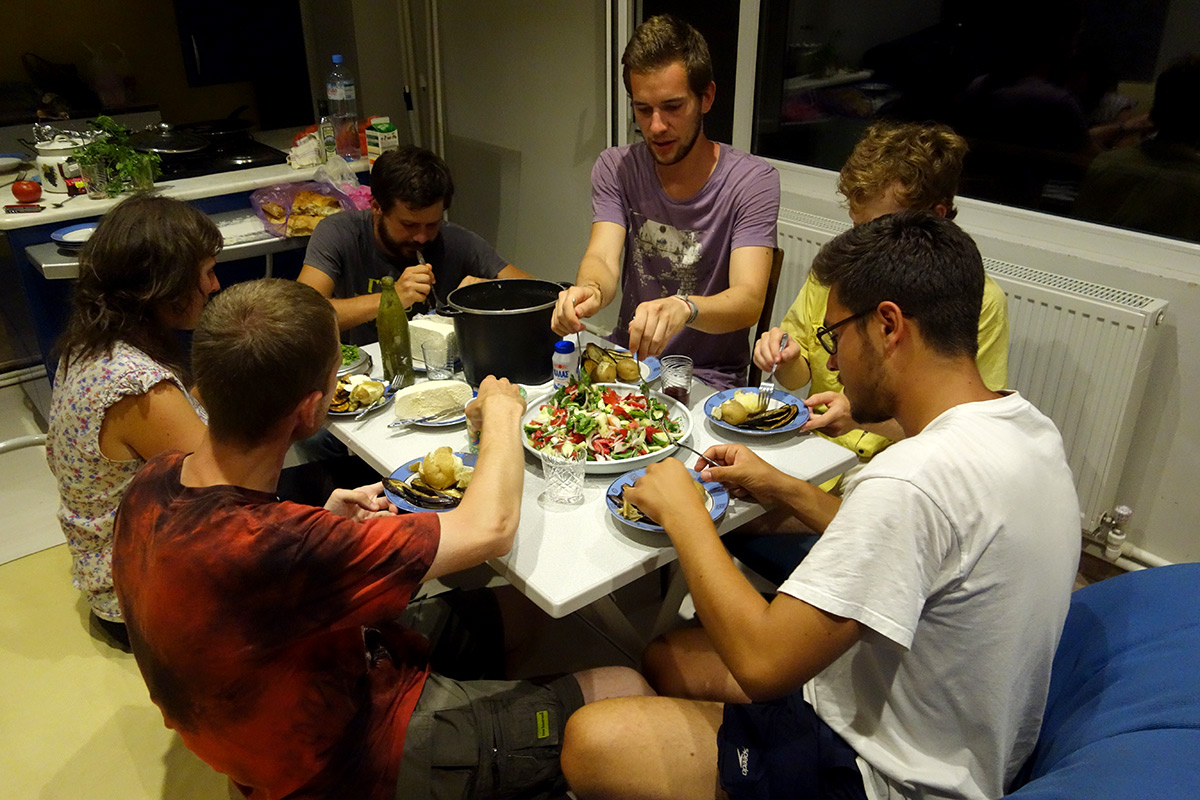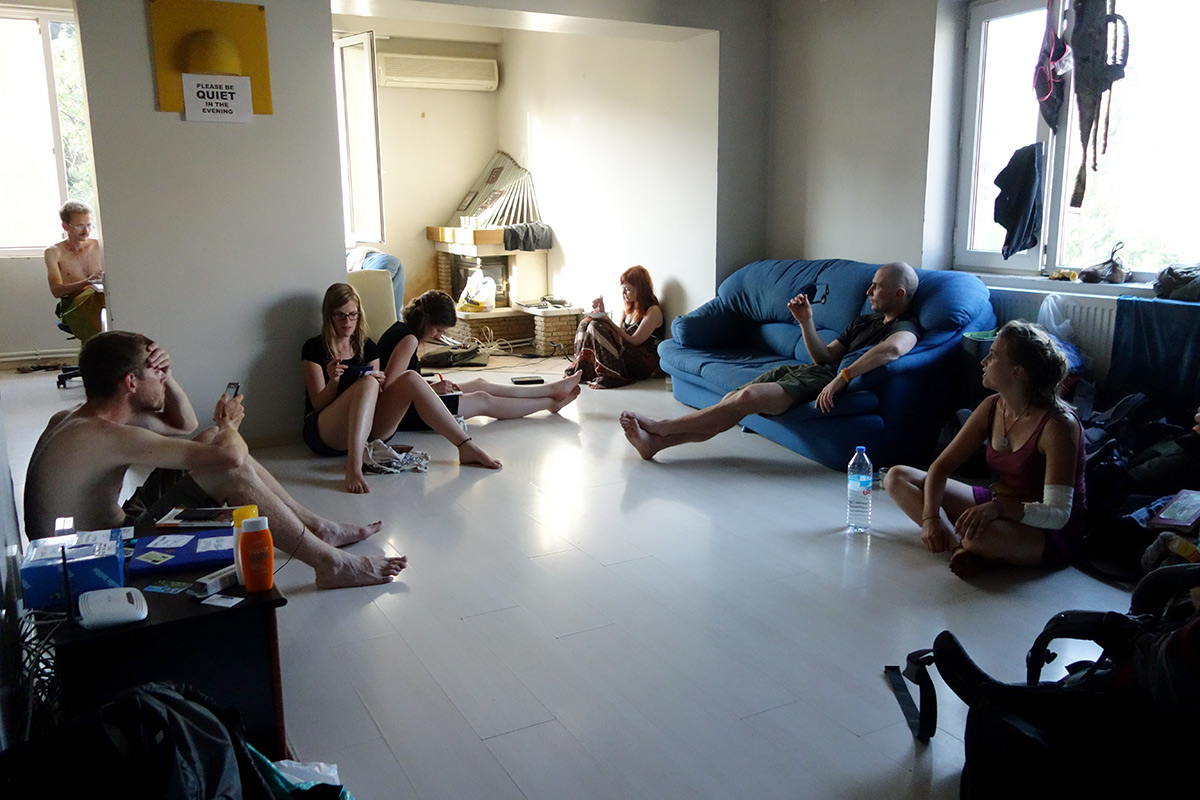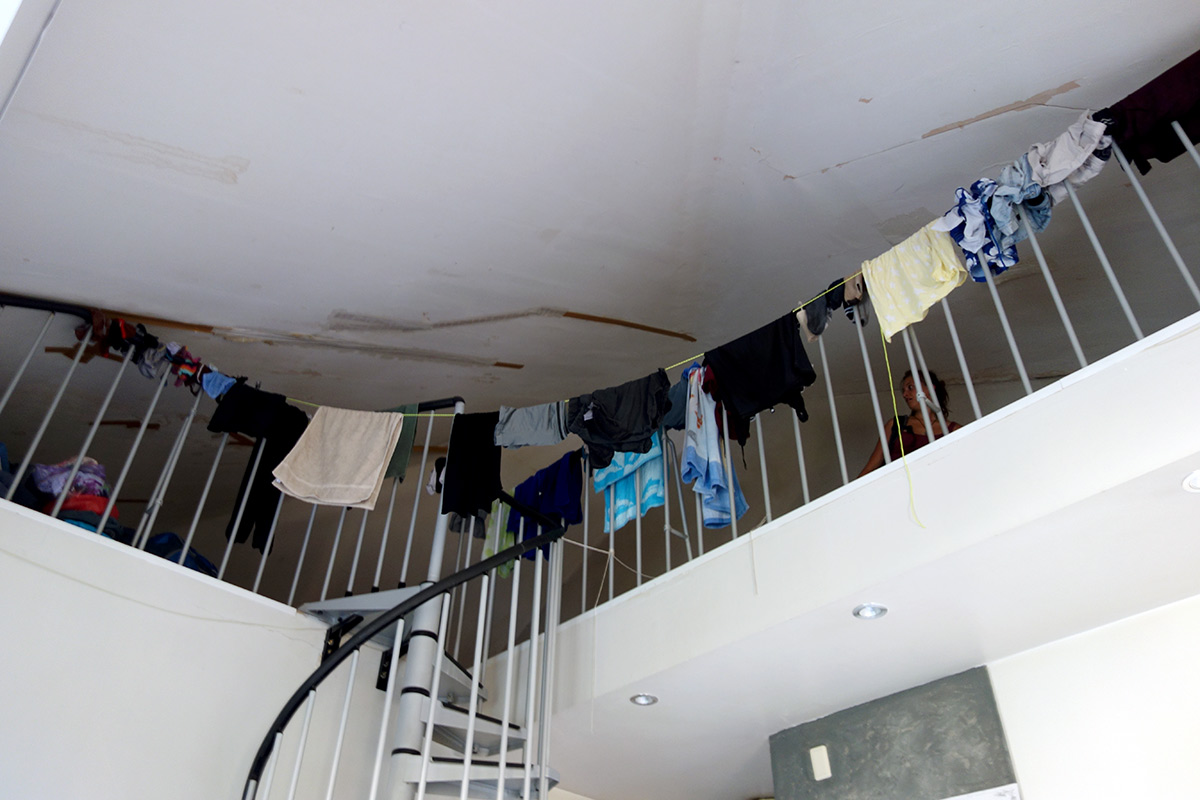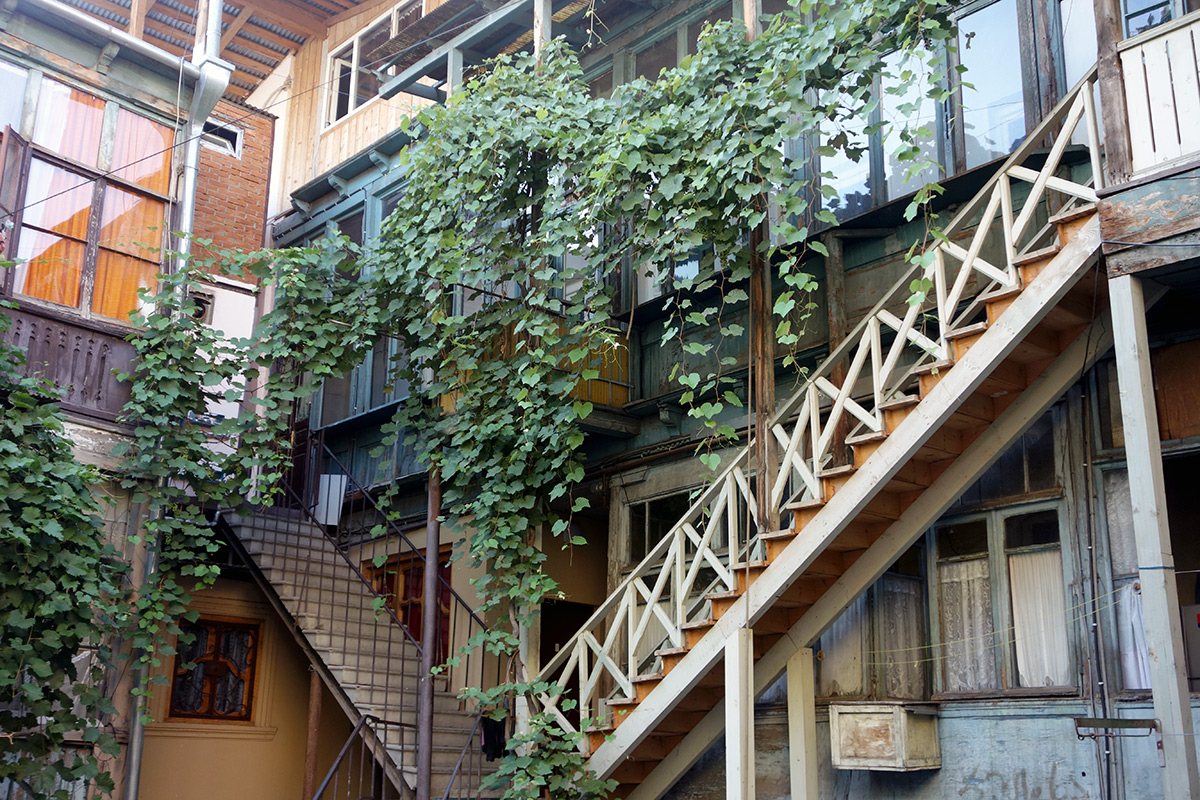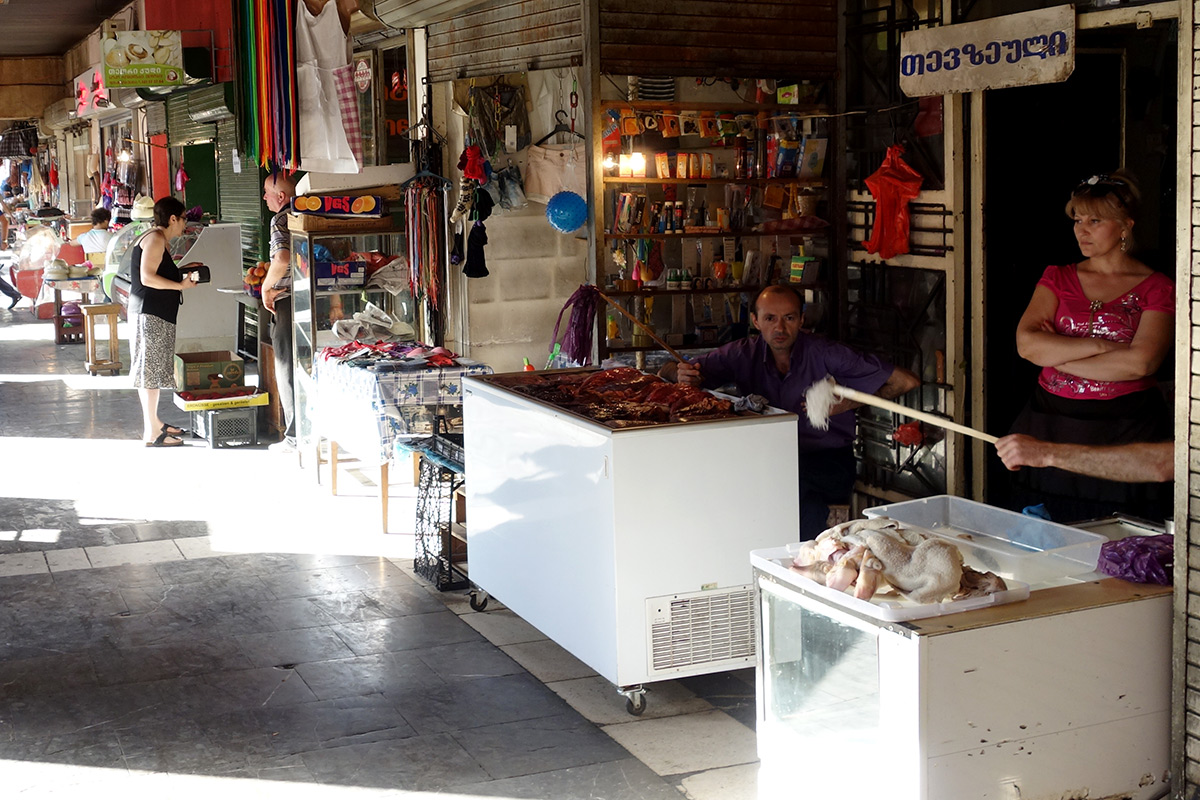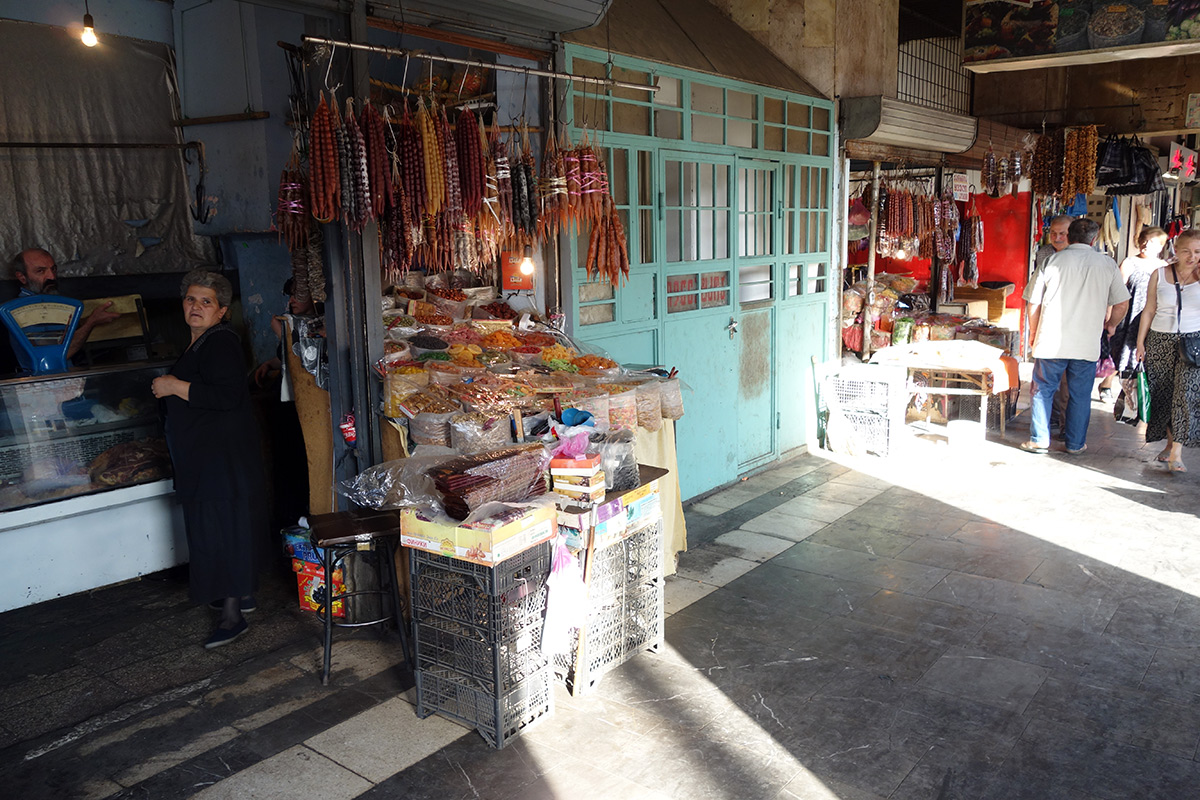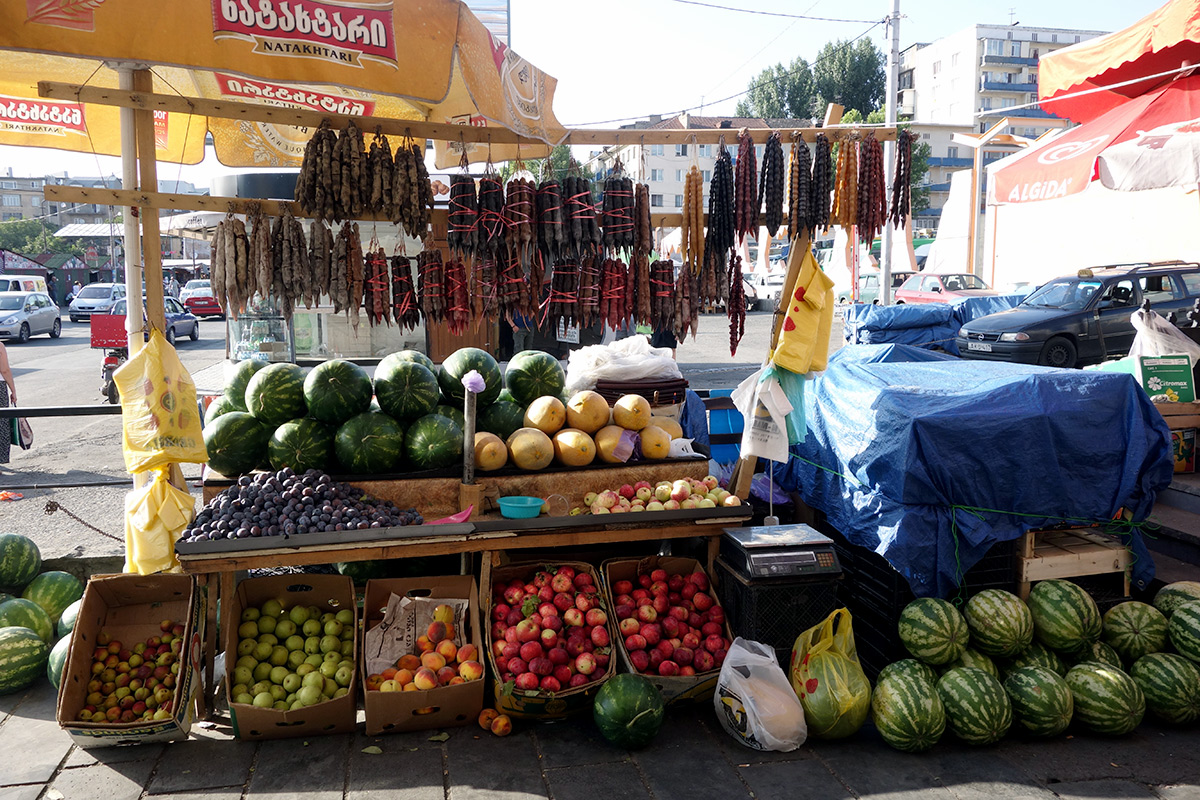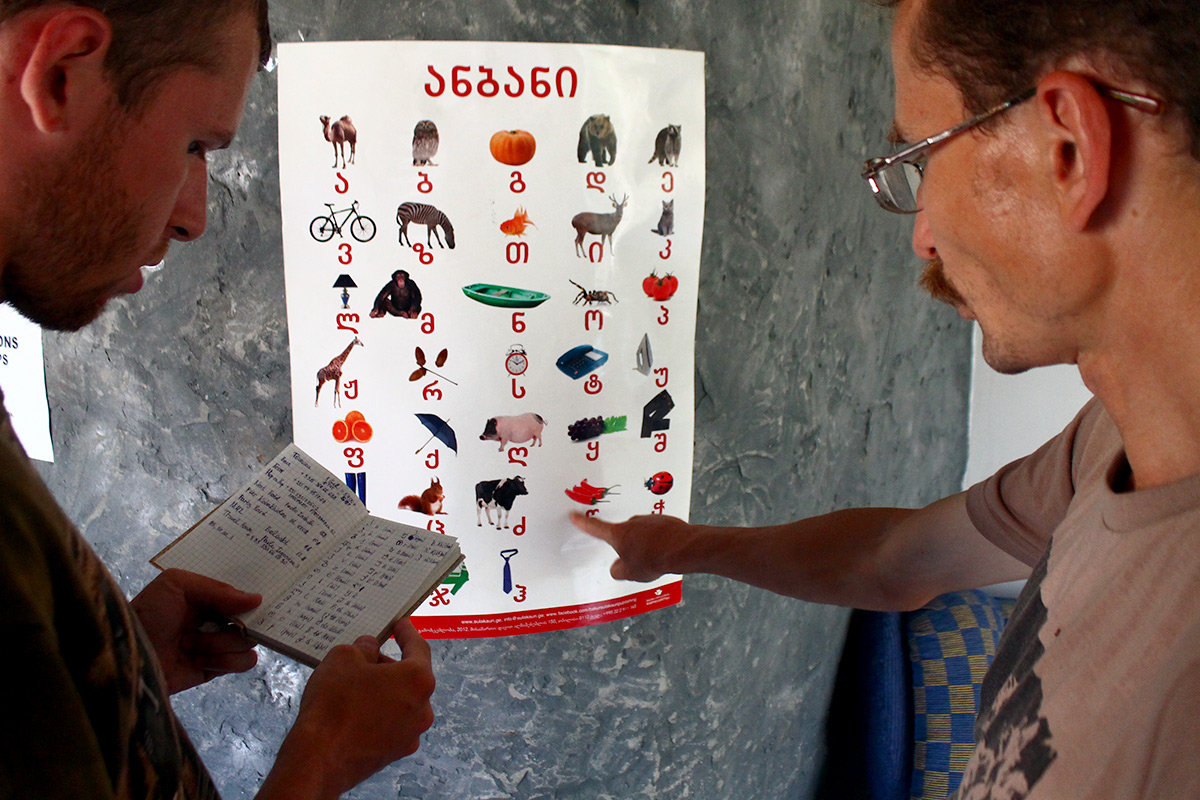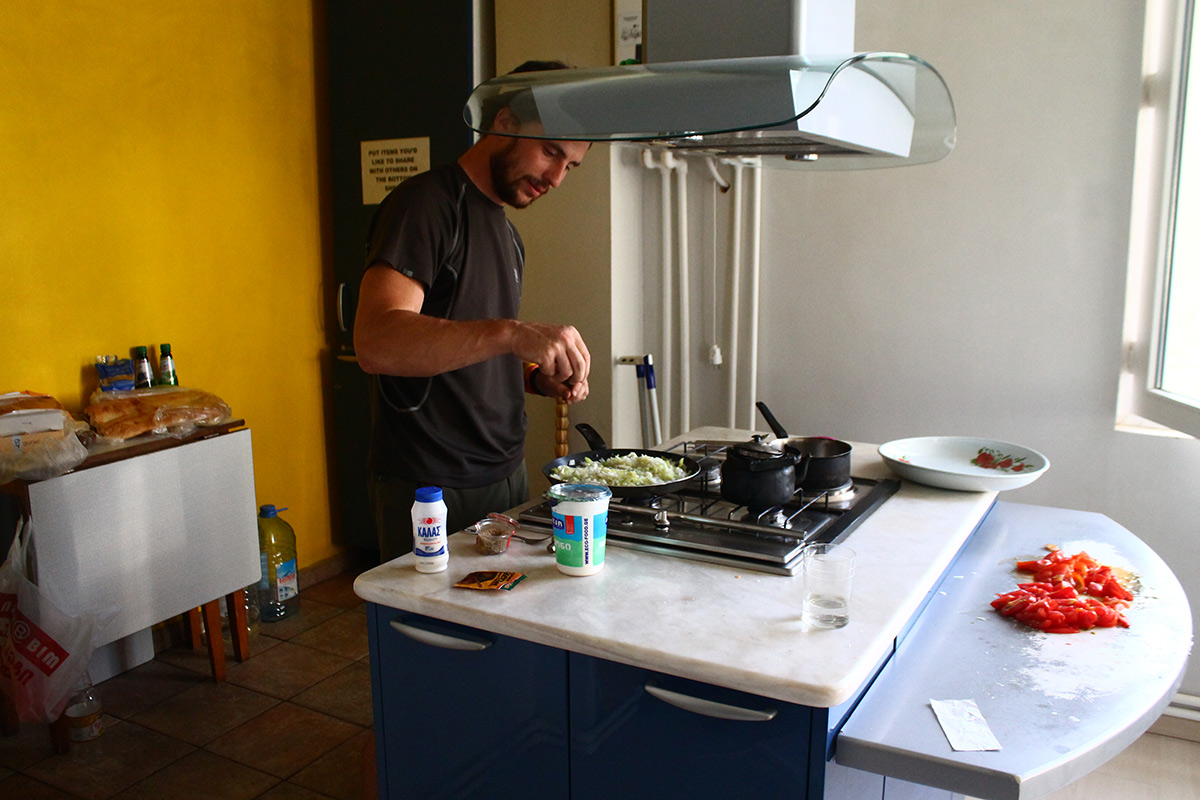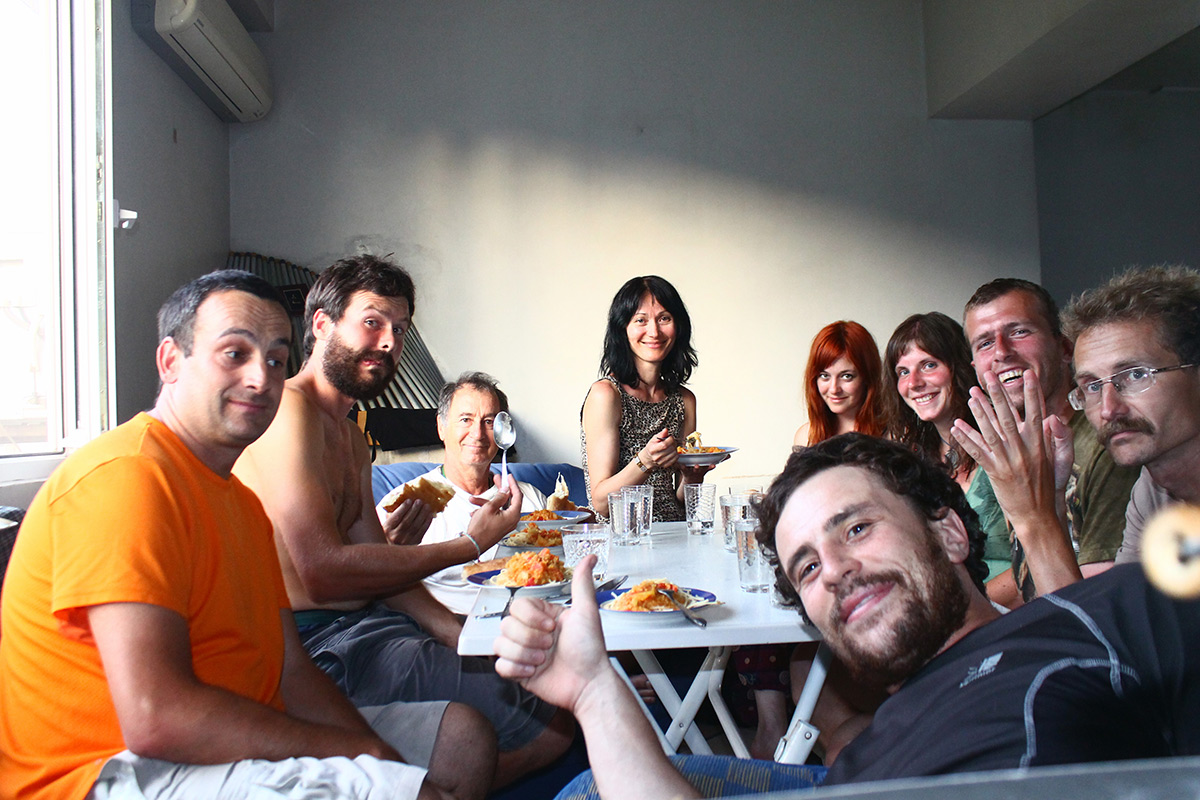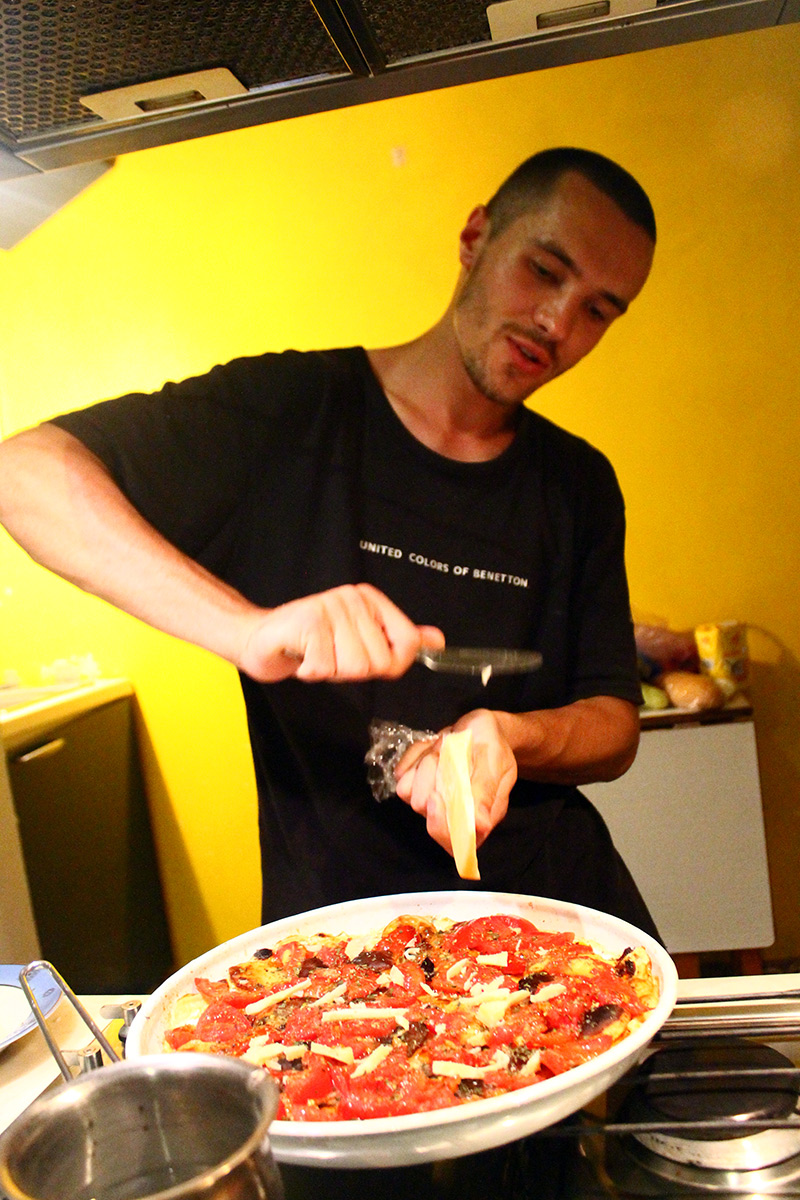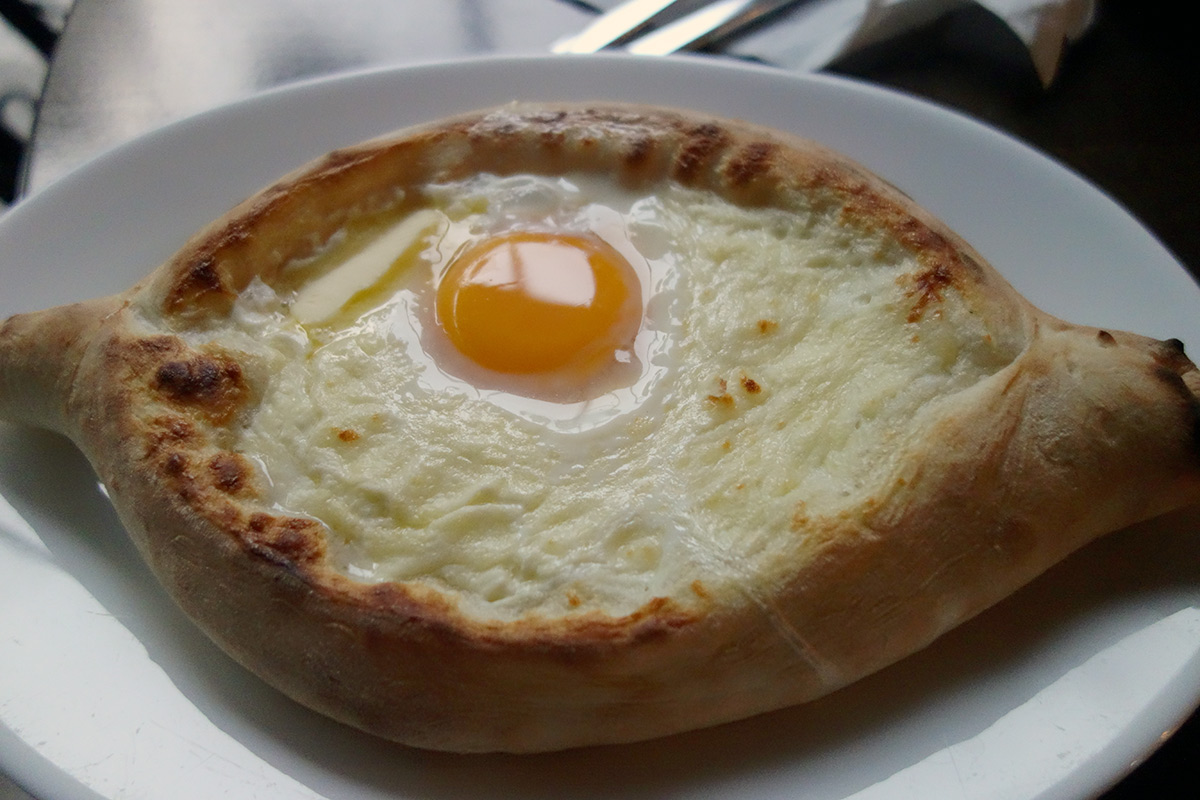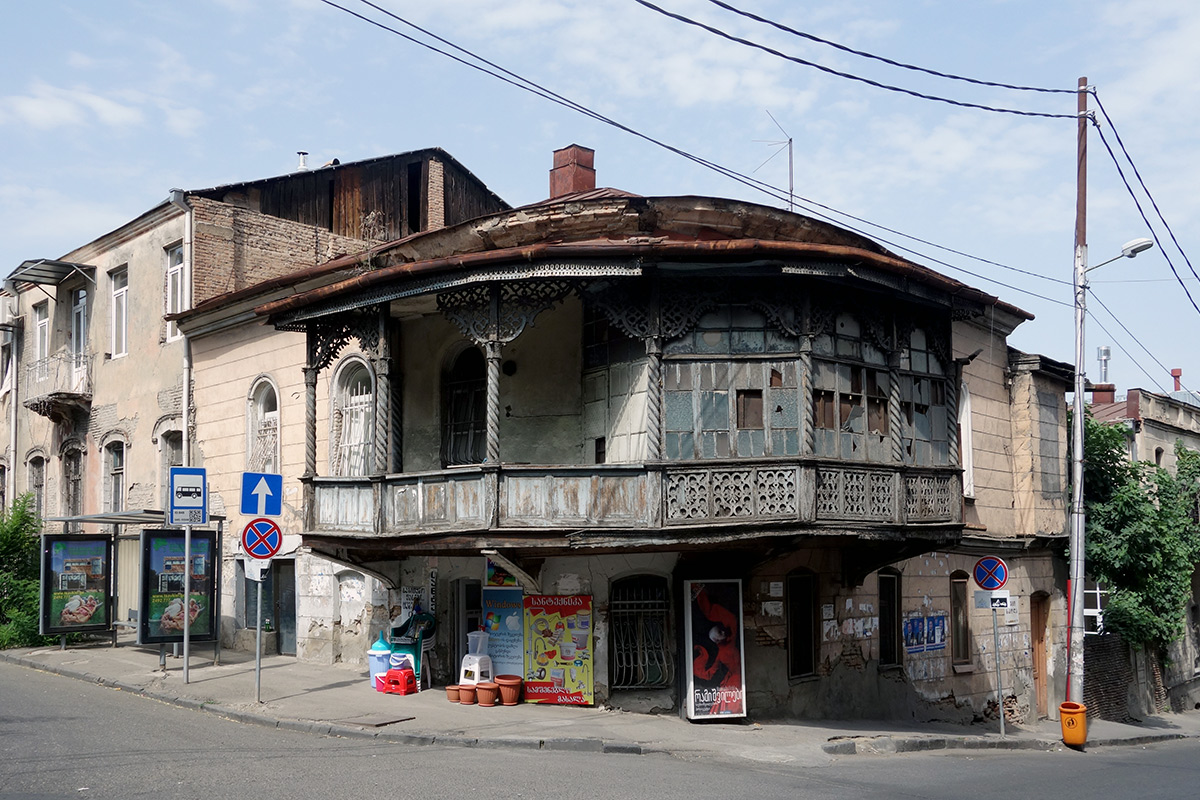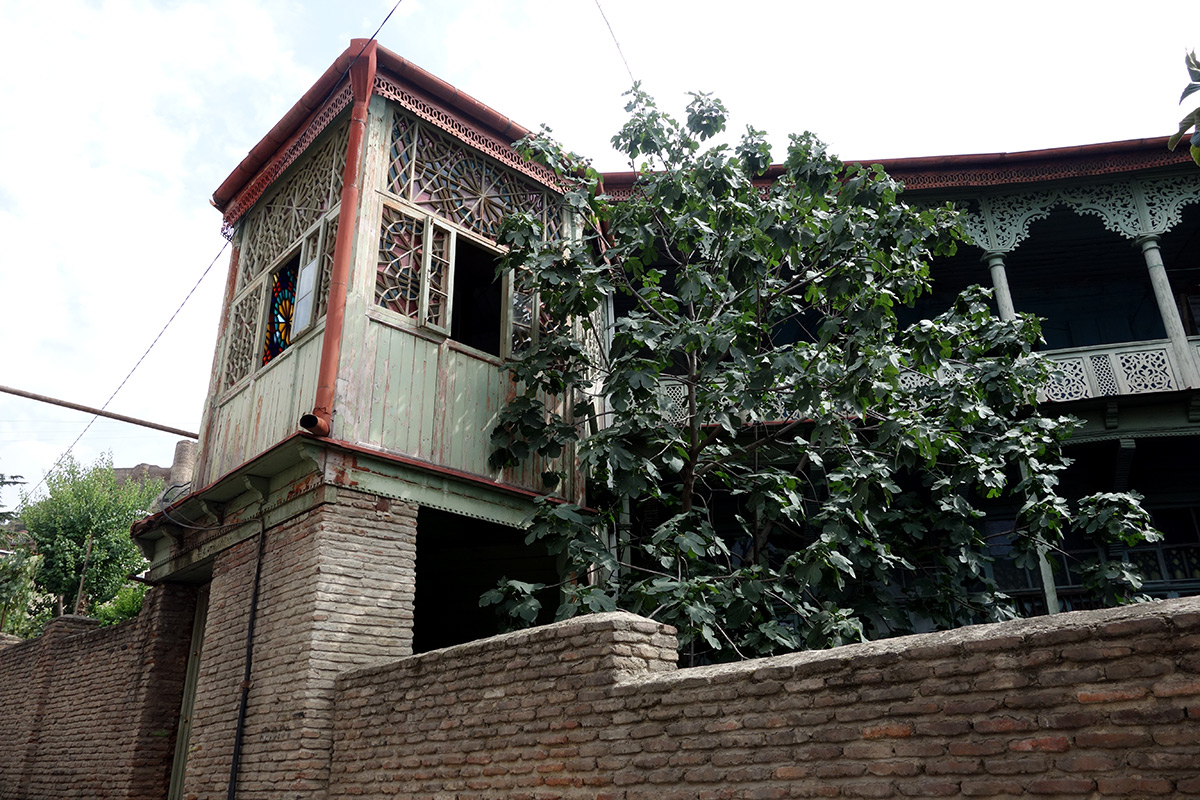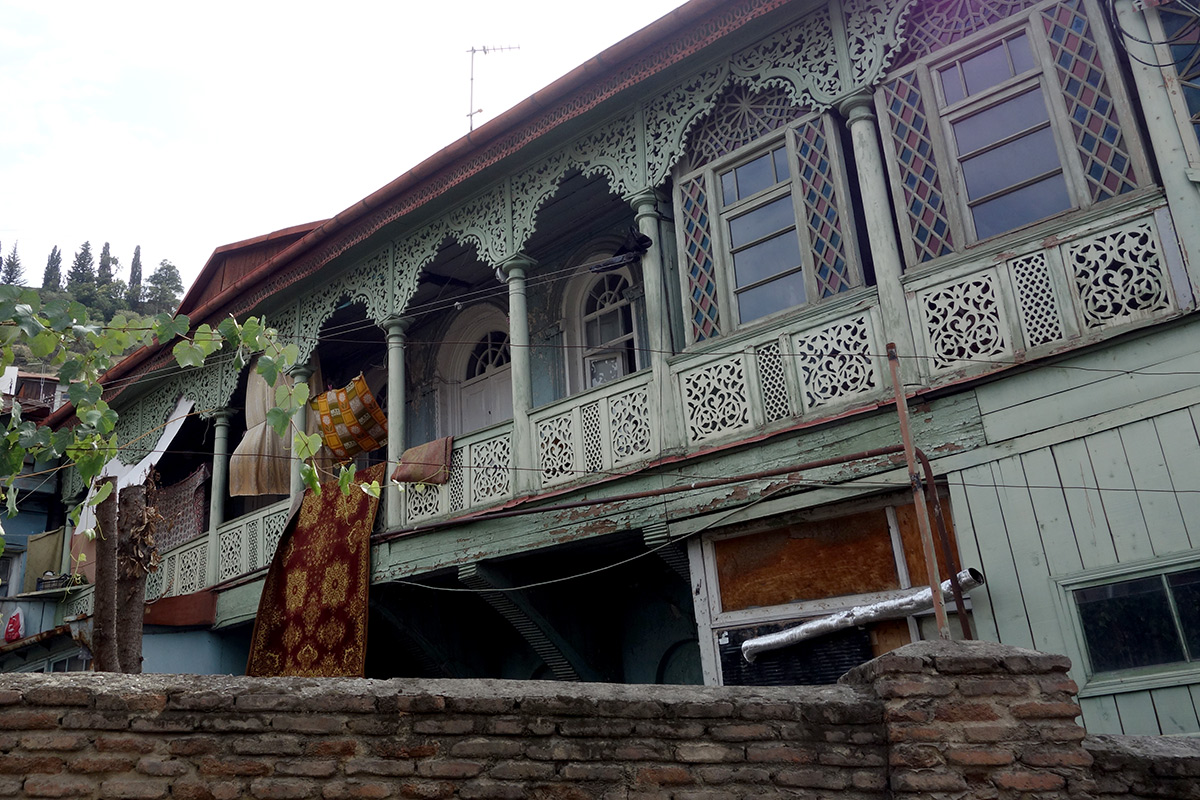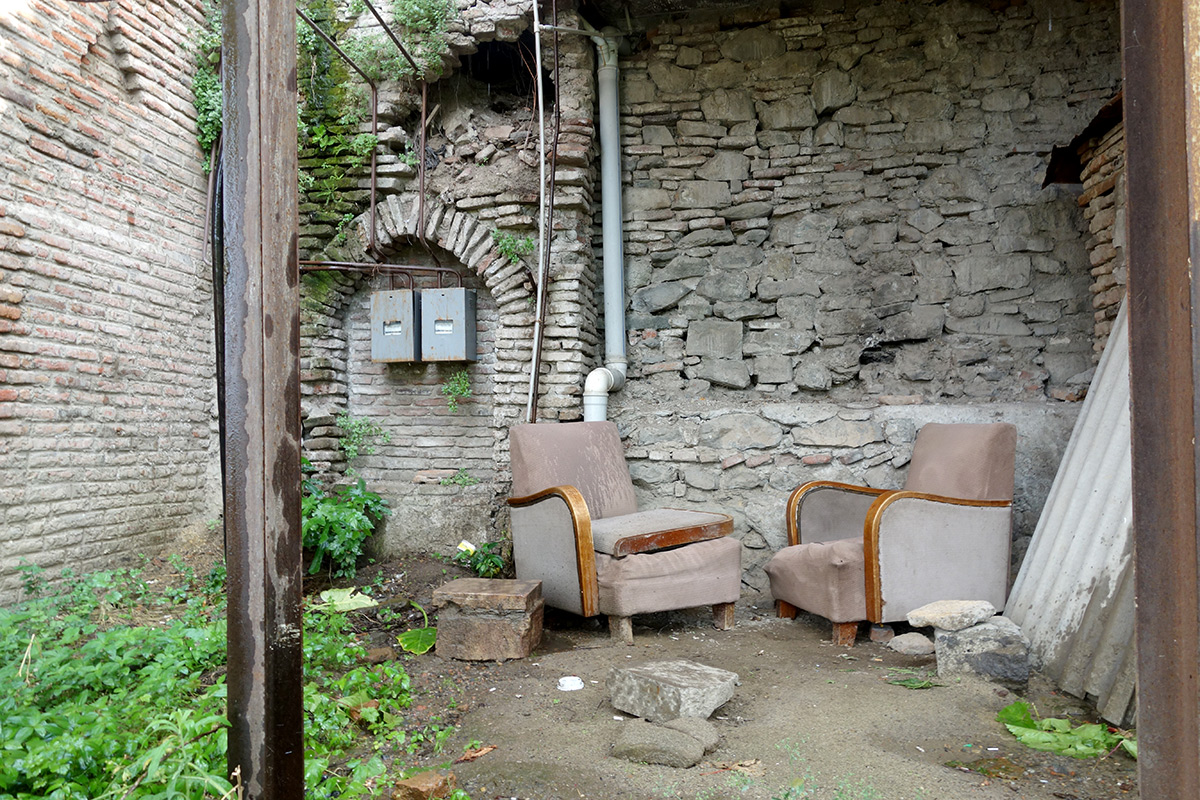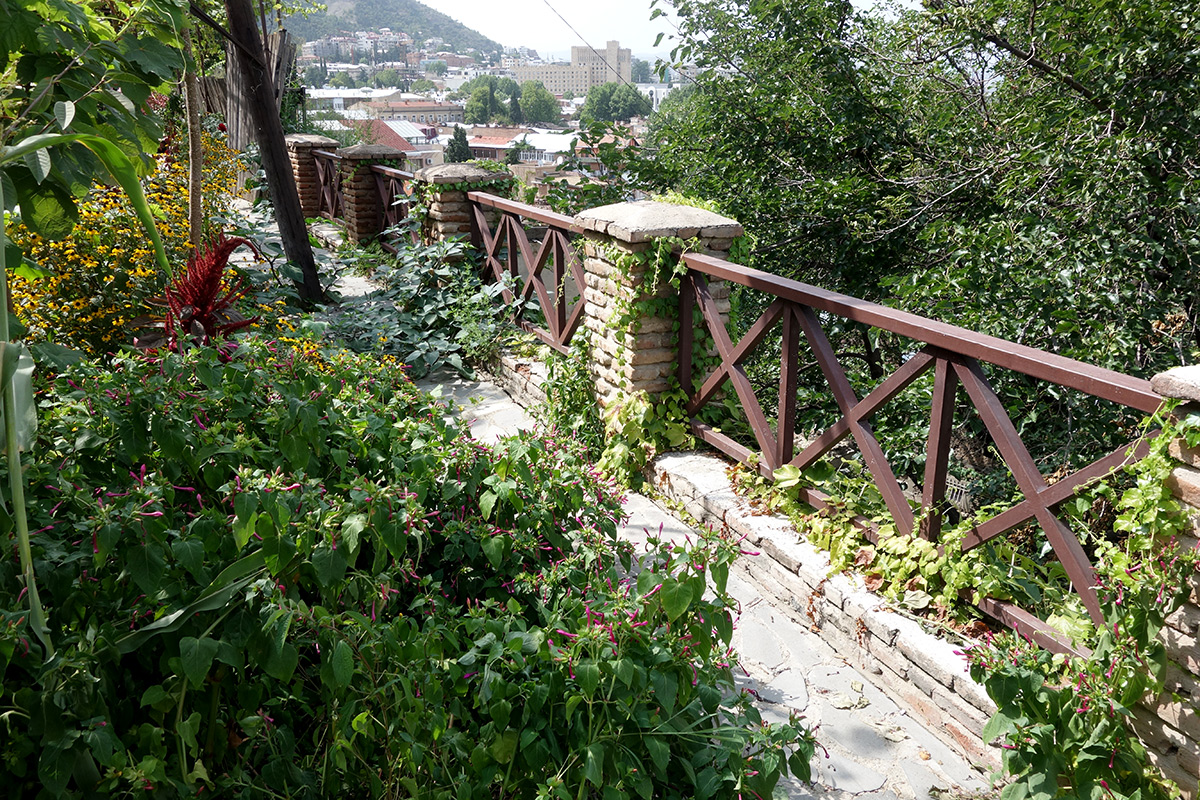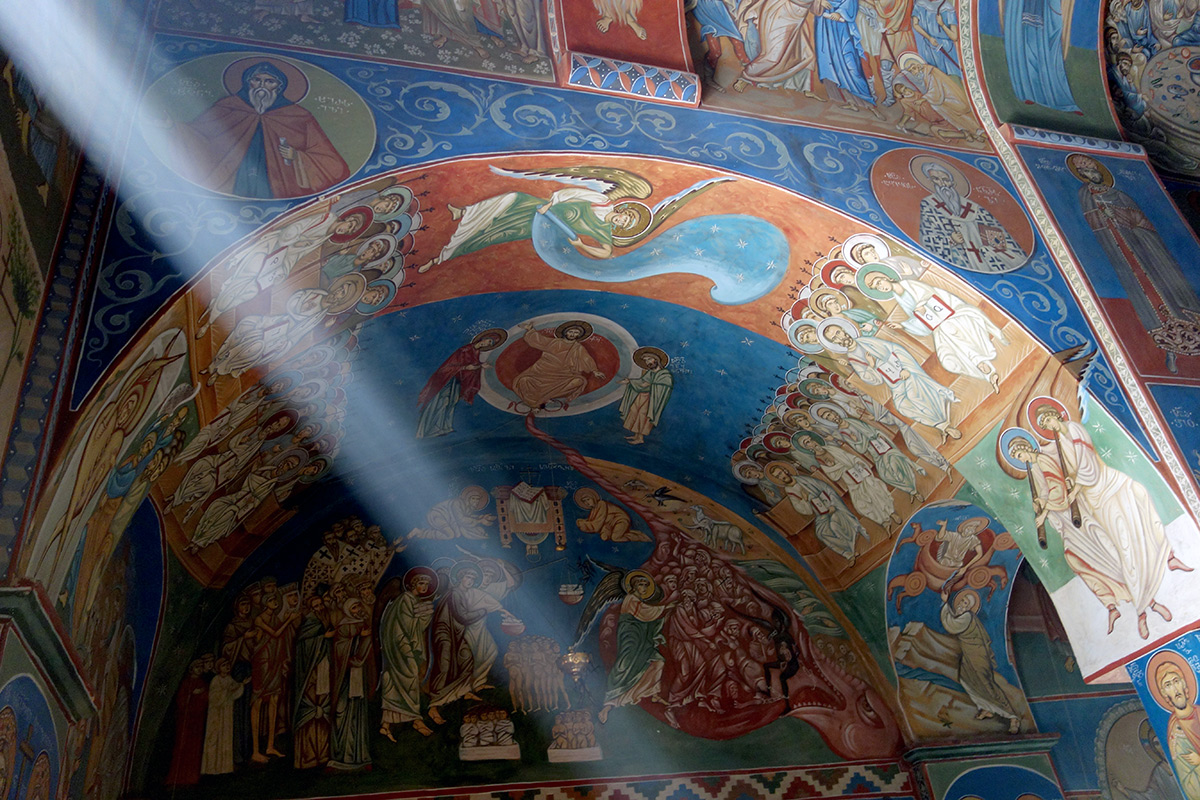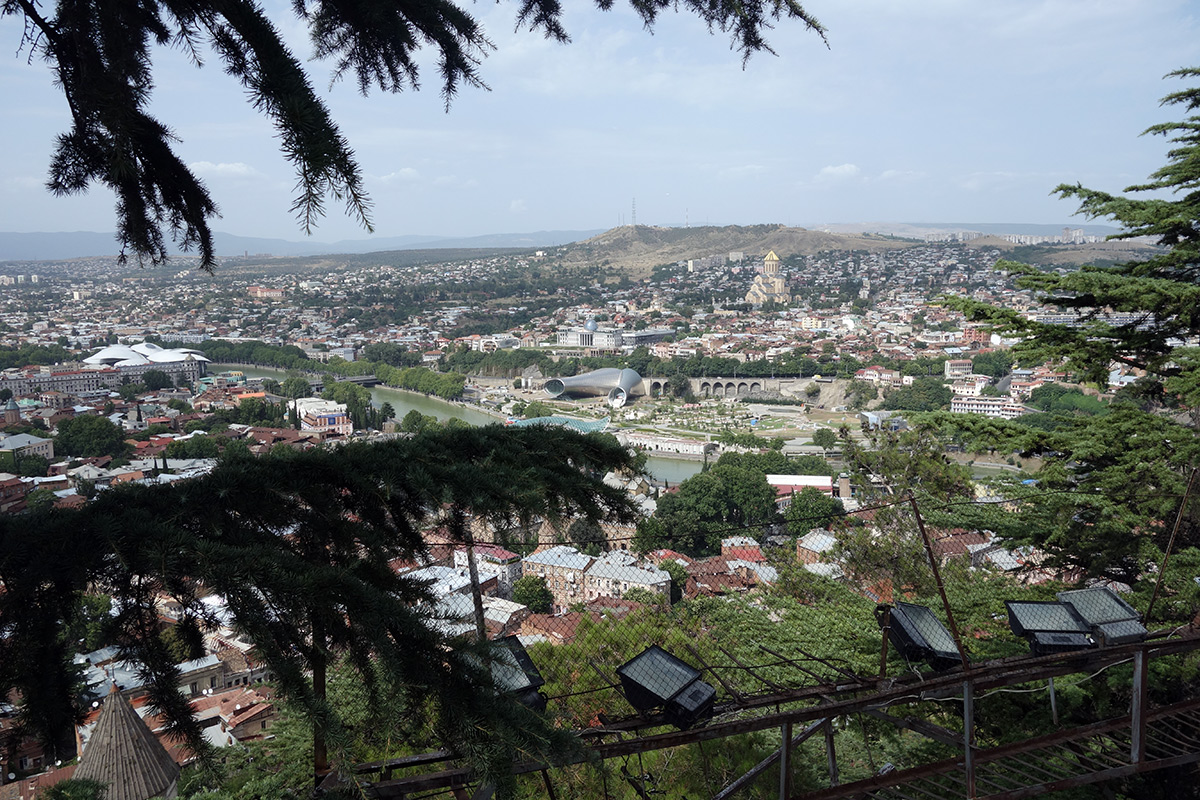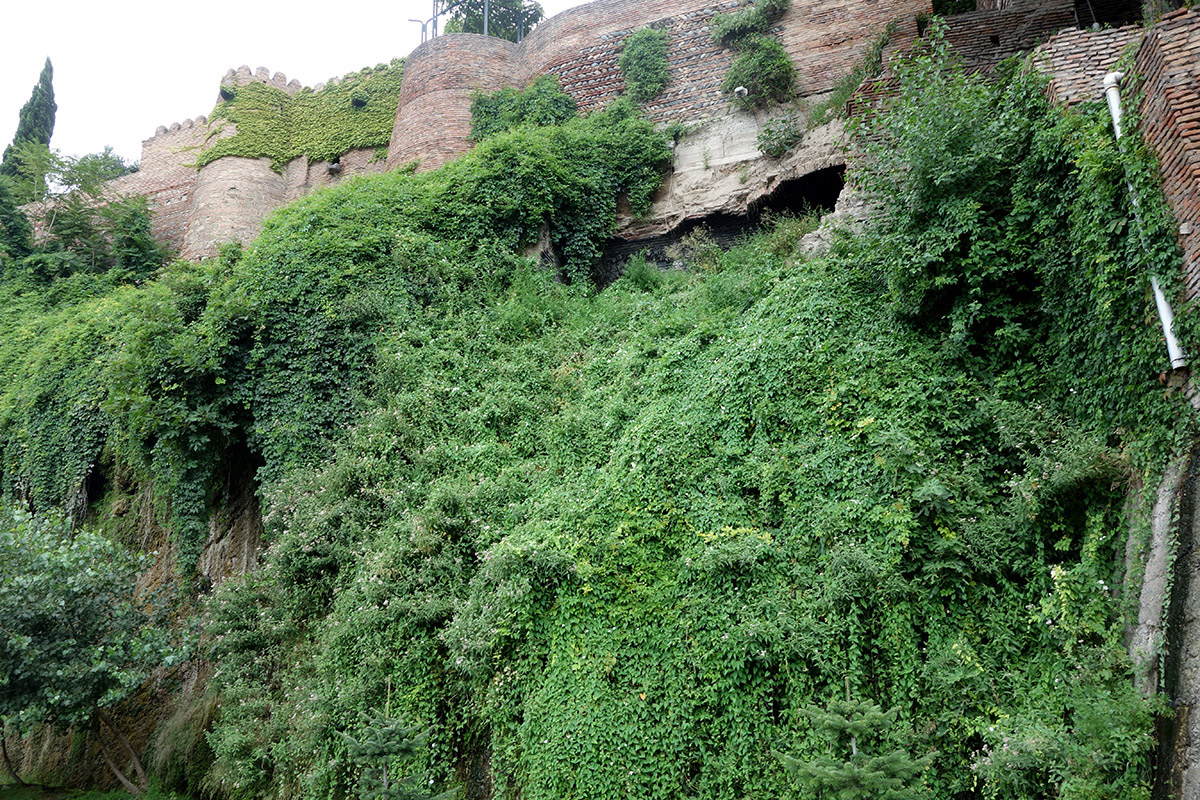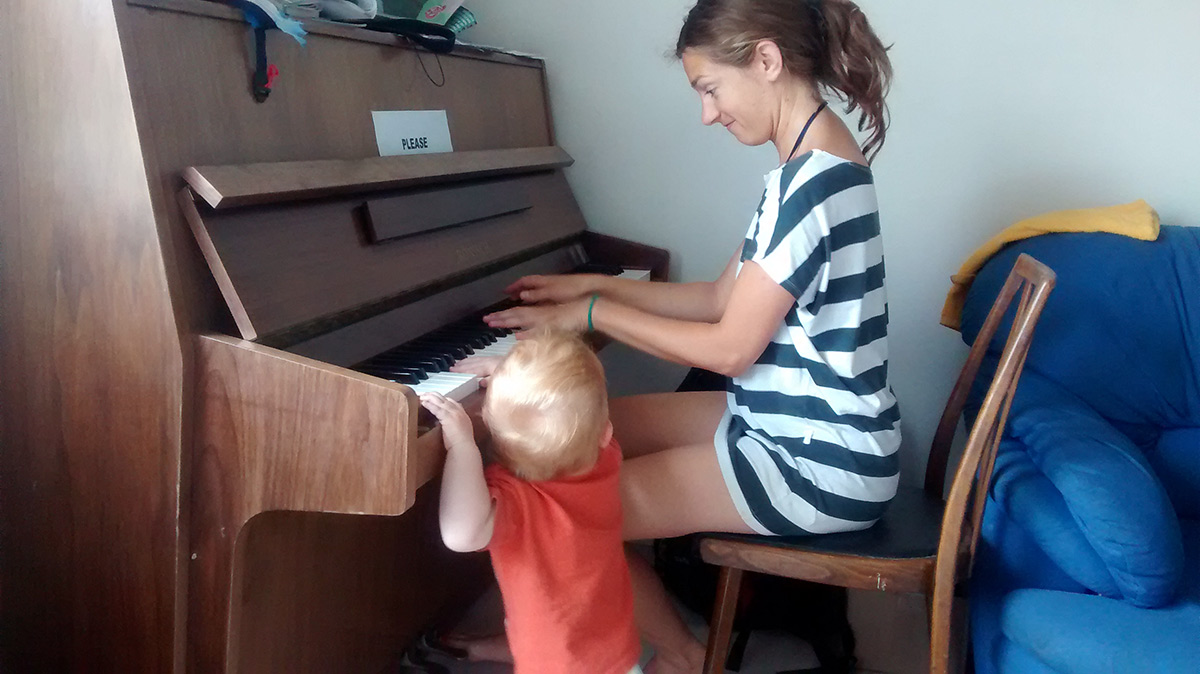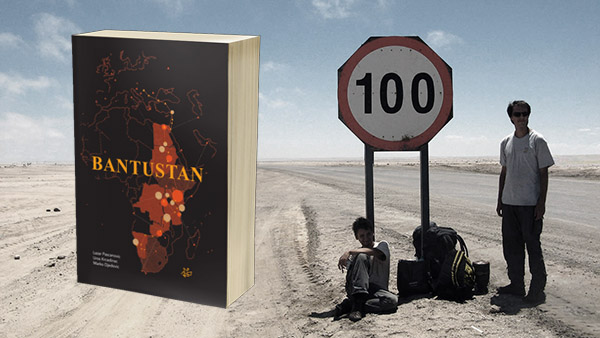After getting evicted, the life in the Travel House entered into a quiet phase. The suburb and the new flat have their advantages, above all it's now possible to make a draft and the temperature is more bearable than in the center, even though still in the category of unbearableness. Since everyone from the Russian House for All have continued their trip, there hasn't been as much demand for the House as in the beginning, and we never had more than about twenty travelers at once. In total we've been visited by 157 travelers from 31 countries, much more compared to the same period in the previous years. We also had our youngest visitor ever — a one-year-old baby — part of a Belarus trio who came by hitchhiking from Armenia.
Most of the travelers apply directly through our website, having heard about the project from other travelers on the road, or read about it on HitchWiki and other travel websites. In other words, we don't depend so much on CouchSurfing anymore. Most people come from Poland, Germany and Russian-speaking countries.
Takahiro from Japan, our old acquaintance from the Granada Travel House, continued his trip to Iran. However, we've found a new helper — Mateusz, a traveler from Poland, who decided to stay in the House and help with the project.
The piano was just a piece of furniture until Inesa came, a piano teacher from Lithuania who was also in the previous two houses.
Daniela and Alex from Czech Republic/Germany put Georgian alphabet on the wall, so that we can look helplessly at it.
Mo (India) and Margarita (Bulgaria) met John (Canada) in the Travel House, and decided to make a camp on the way to the Kazbegi church, apparently a very popular destination, and open a "mini shop". They are selling tea and small items for peanuts, in order to get some extra funds for their travels. Each morning they hitchhike to the nearest town for fresh supplies and then back.
Some visitors come only in daytime for a shower and rest. At nights they sleep in the Vake park, occupied by the locals with the help of travelers, to prevent the local government to demolish it and build a hotel there.
We visited the sulphur baths in the old town, similar to hamam. The entrance fee is slightly less than a euro for females and slighly more than a euro for males. Females, unfortunately, don't have a bath nor a sauna, just showers. If anyone plans to visit, beware that you have to be naked and bring your own soap and scrub (kartula). On the other hand, you could also swim in some of Tbilisi lakes. The most popular one is "Tbilisi sea", a big water reservoir above the city.
The smell of fruits is all around the streets. It's possible to buy them on improvised street stalls until midnight. The alternative is kachapuri, a cheese pie of which each region has its own version, and which is often our breakfast.
We also had two suicidal birds, which smashed into our windows at full speed and died. One while this text was being written. So we've learned that the windows should never be too clean. Shortly thereafter, we experienced a precedent in the history of Tbilisi - a power and water cut throughout the city, lasting from the evening until the morning.
